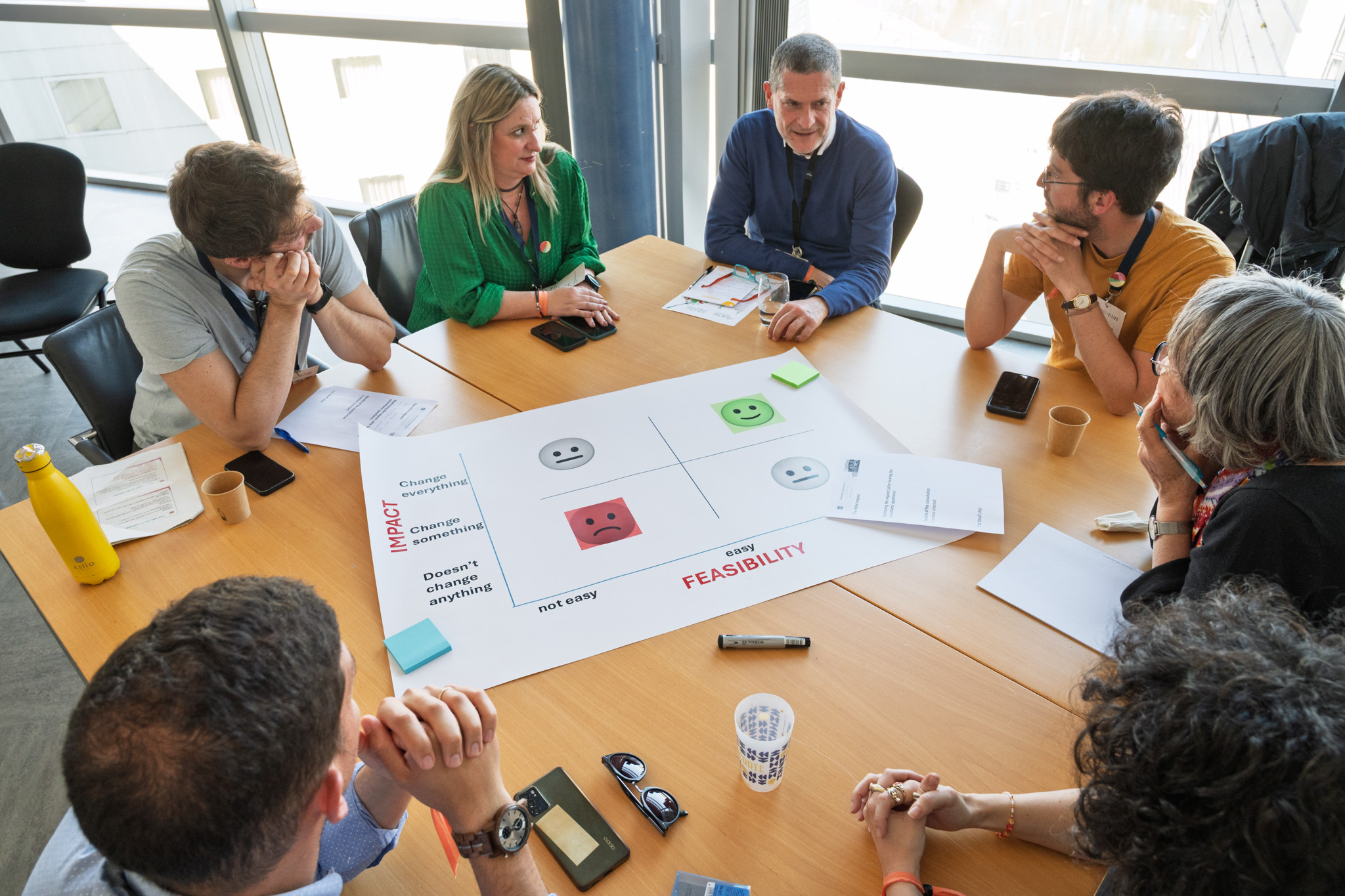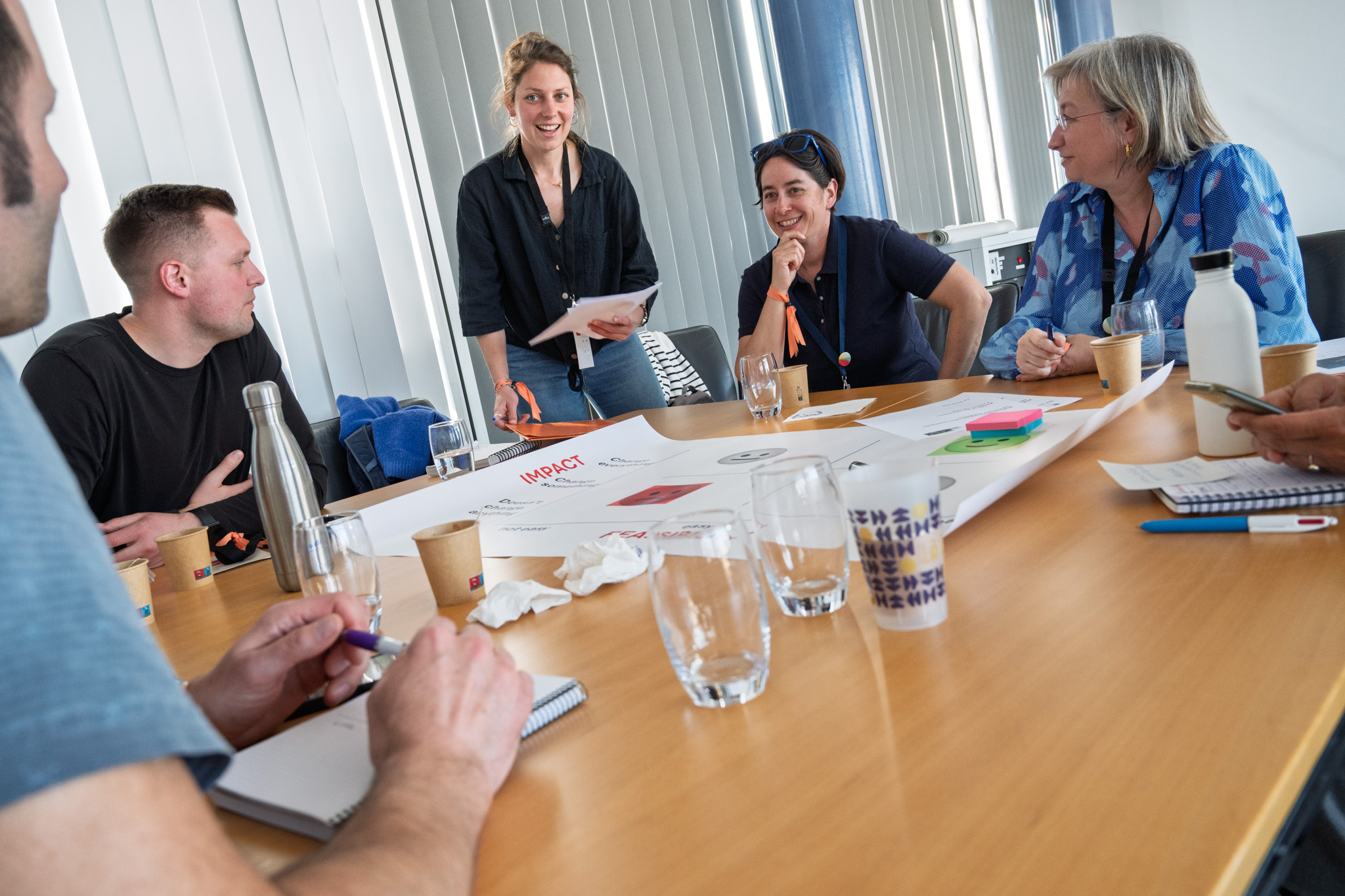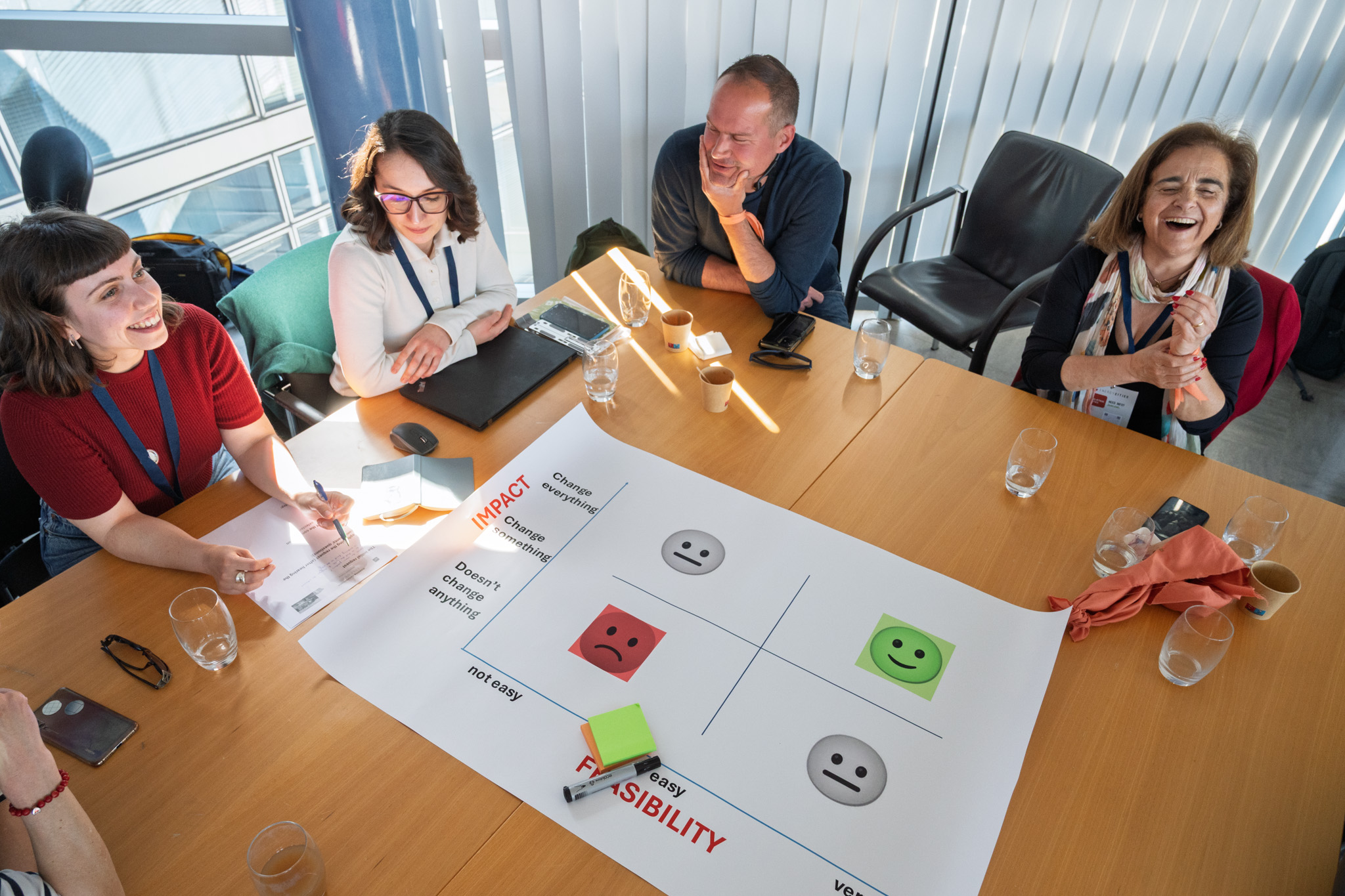The role of municipalities in boosting sustainable local food production and consumption
The fourth journey of our annual forum presented inspiring initiatives
Municipalities are aware of the need to design local food production plans which focus on sustainability to ensure food safety, preserve soils and reduce pollution. They are also developing awareness campaigns to inform citizens about the importance of having short circuits and the health benefits of eating sustainably produced fresh food.
The need for local and sustainable food systems
Cities have roadmaps to be more resilient and sustainable and food is one of the pillars. Nowadays, circuits are long, which makes them very polluting and expensive. Developing green belts to increase local production and allow citizens to develop their farming skills is becoming a widespread practice. The Territorial Food Project of Besançon is a good example as it acknowledges that agriculture is one of the first economic sectors to be affected by the consequences of climate change due to heavy rains and droughts, among other risk factors. It also focuses on food safety and sovereignty as well as tackling health issues due to the consumption of ultra-processed food.
One of the great initiatives developed by Grand Besançon Métropole (GBM) is the Graines de maraîchers nursery, an organic market-gardening production site. Participants of the Energy Cities Annual Forum 2025 could discover it during journey 4. The municipality of was represented by Françoise Presse, Councillor in charge of food and agriculture and Julie Faure, Head of the environment department. The nursery work was introduced by Laure Paveau, Manager at Jardins de Cocagne & Director and Vincent Girard, founder of Coopilote. Prisca Van Paassen, Project Manager at ADEME Bourgogne Franche-Comté and Madeleine Charru, Co-founder of the Alliance for Food and Farming Transitions (ALTAA) spoke about the importance of these kind of initiatives in France.
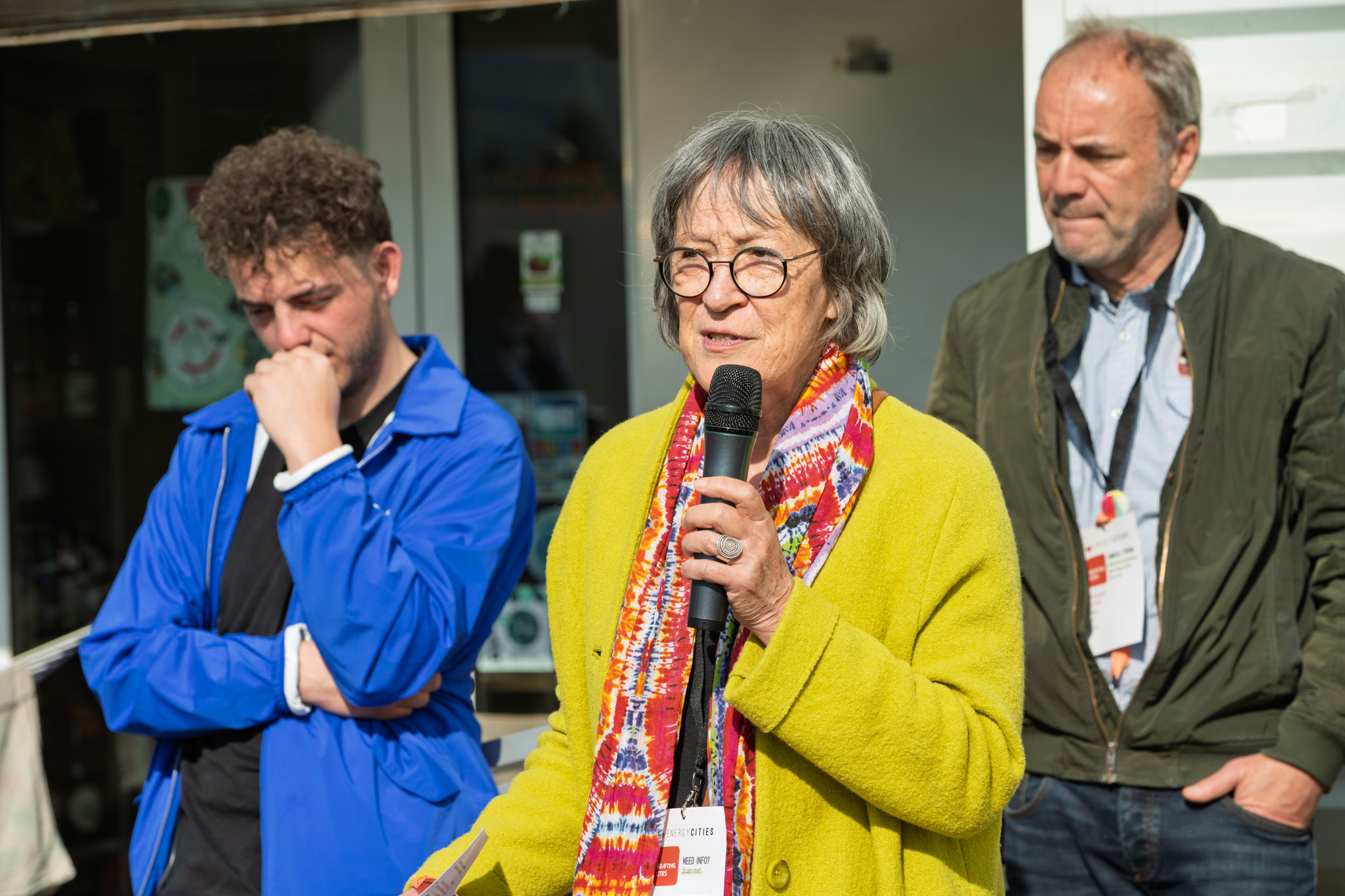
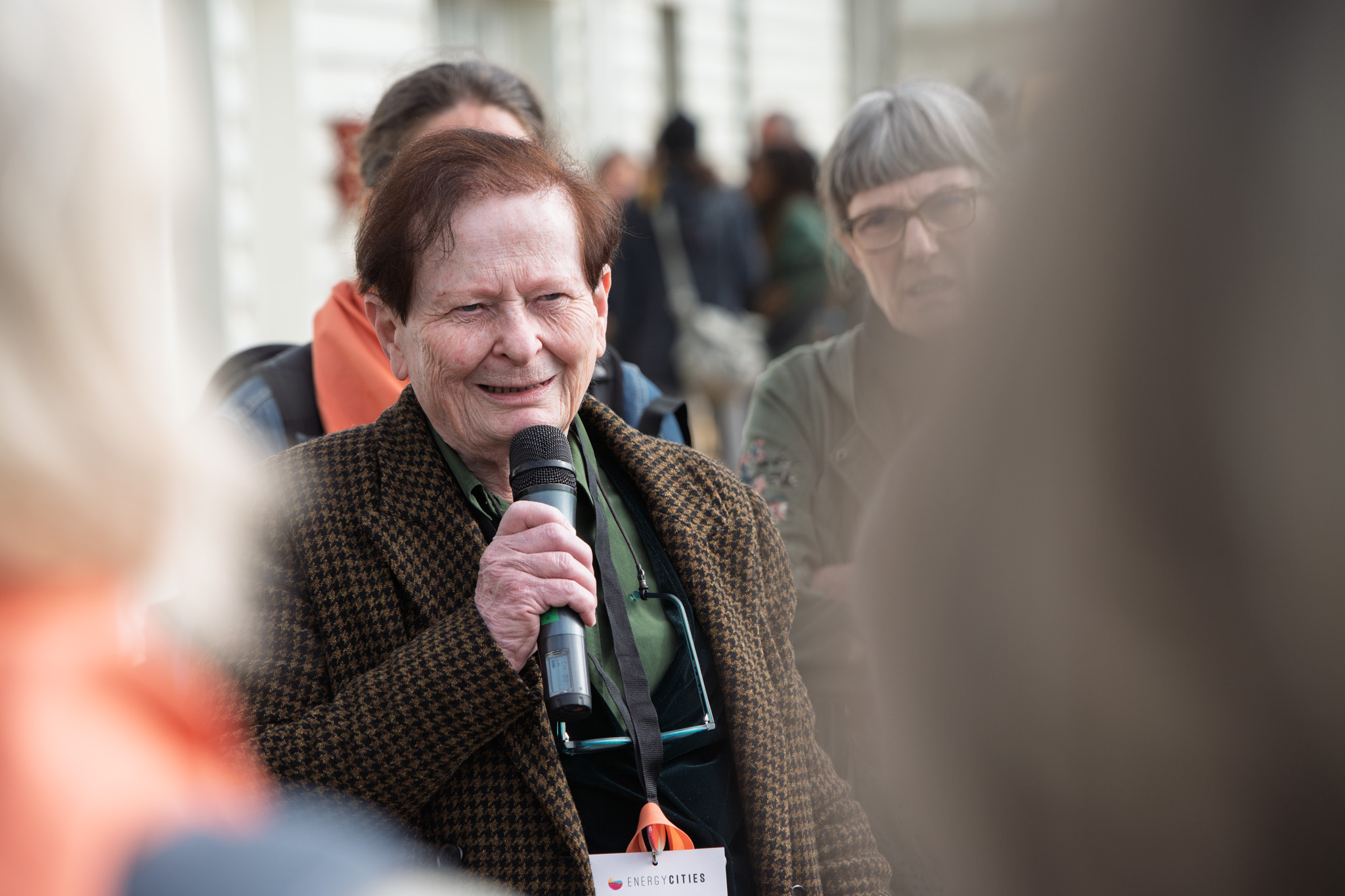
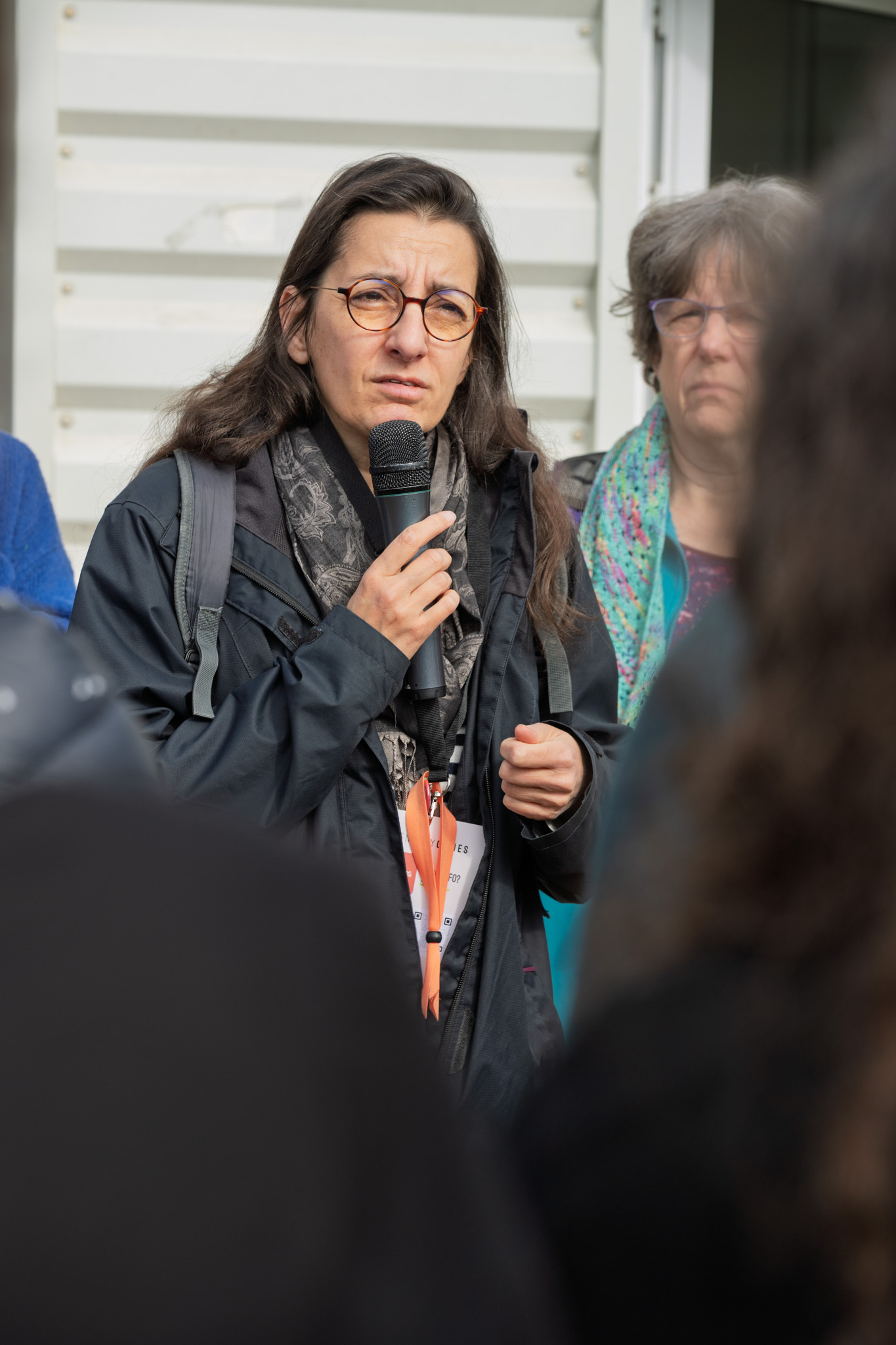
The nursery offers market gardeners the chance to try out their farming activity on a real scale between one and three years. They receive technical support from Coopilote, a cooperative which offers business management support, Les Jardins de Cocagne, a team of social workers and technical supervisors, which helps with skills development, as well as from the Chamber of Agriculture at the end of their project. The nursery also produces vegetables that citizens can purchase on site and have specific schemes for low-income families.
Jardin Cocagne supplies vegetables to 450 families every week and it’s all organic. We have solidarity baskets financed by the local authorities to support poorer families, who pay about 30% of the price.
Vincent Girard, Founder of Coopilote
This kind of initiative also receives financing from national bodies, such as ADEME, the French Agency for Ecological Transition, which supports food projects in the region of Besançon, Bourgogne-Franche-Comté. They aim to increase local authorities’ capacity to achieve food sovereignty in the long run.
We want to have food sovereignty, that’s the goal.
Prisca Van Paassen, Project Manager – ADEME Bourgogne Franche-Comté
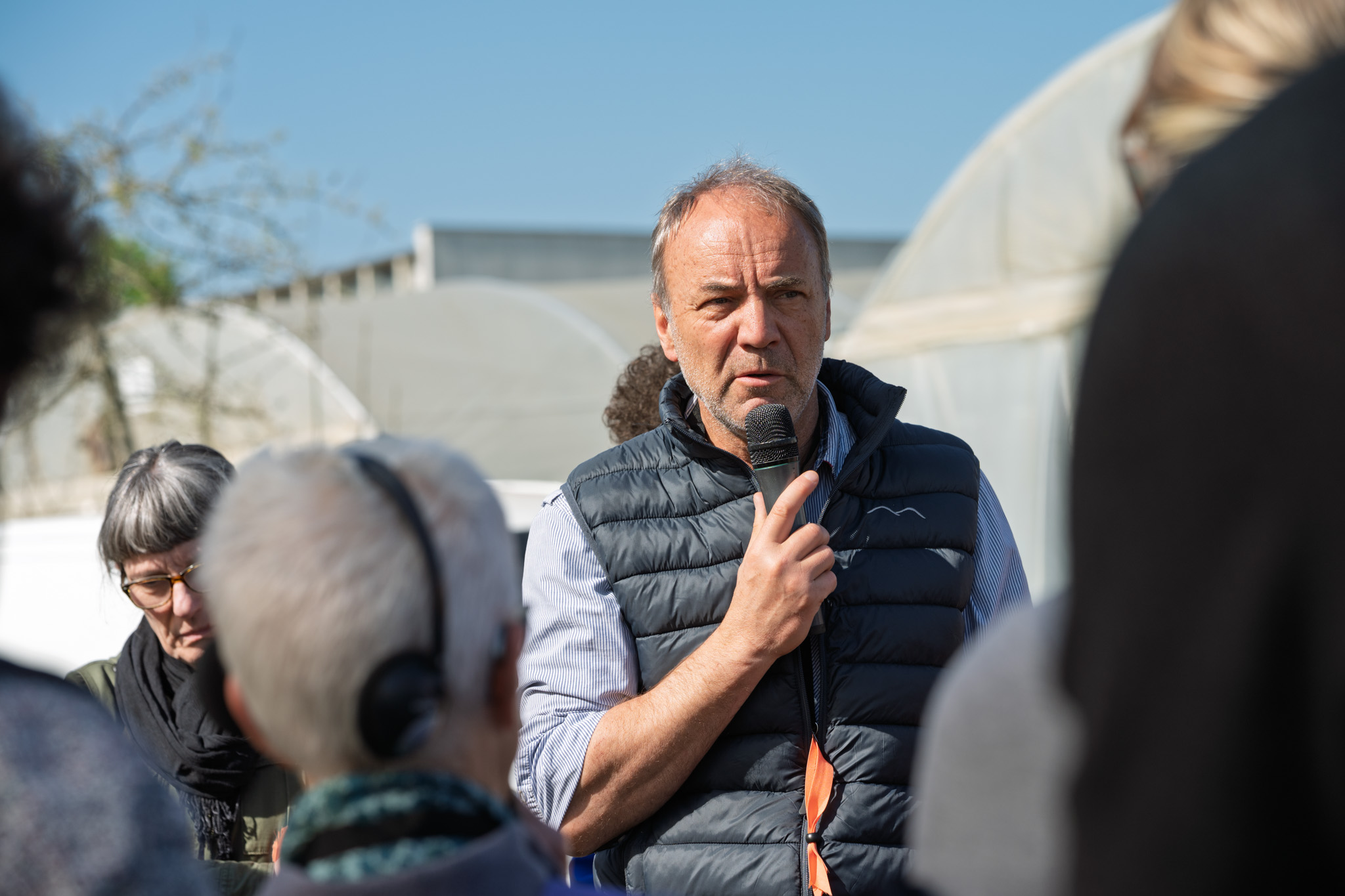
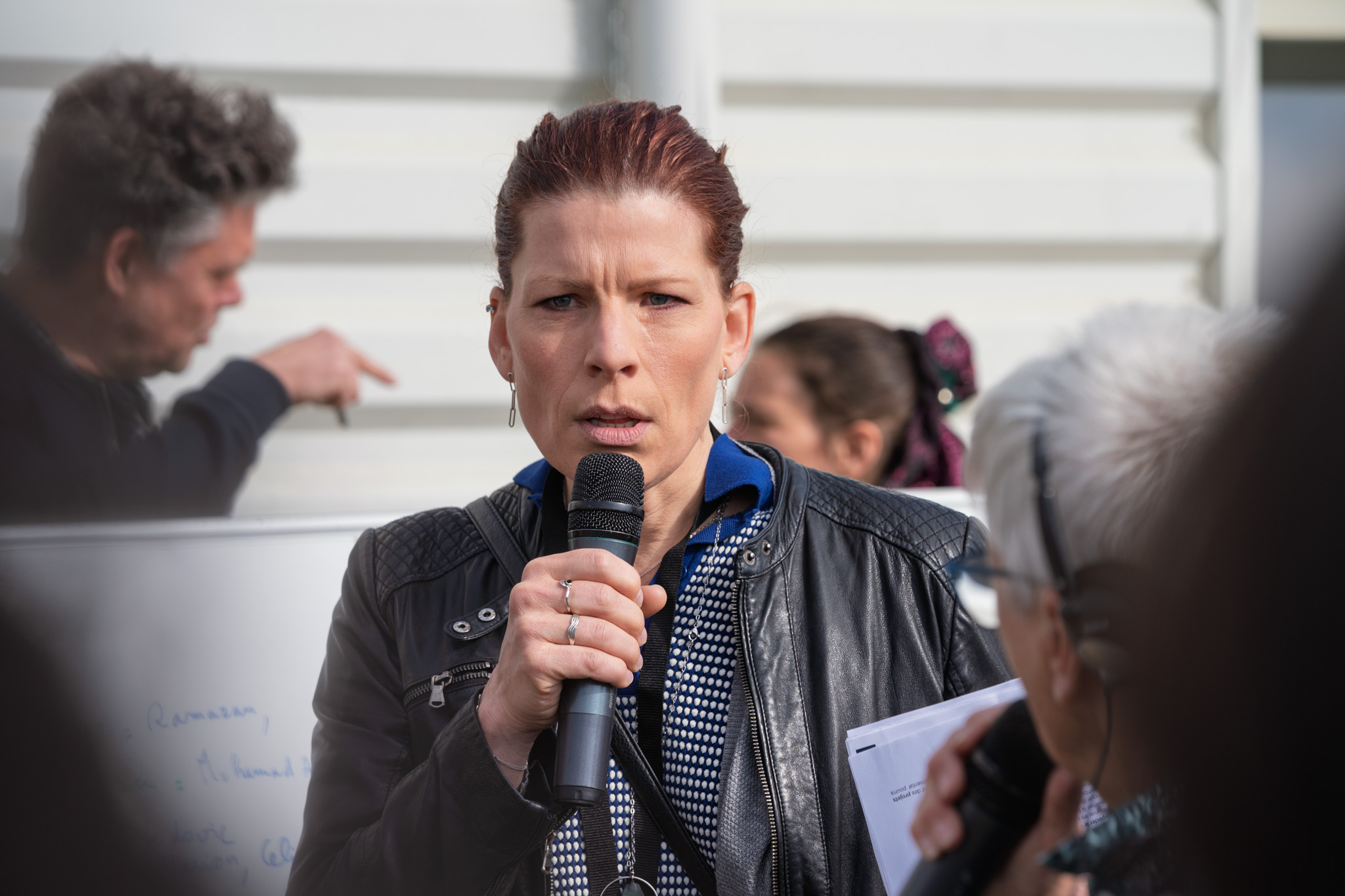
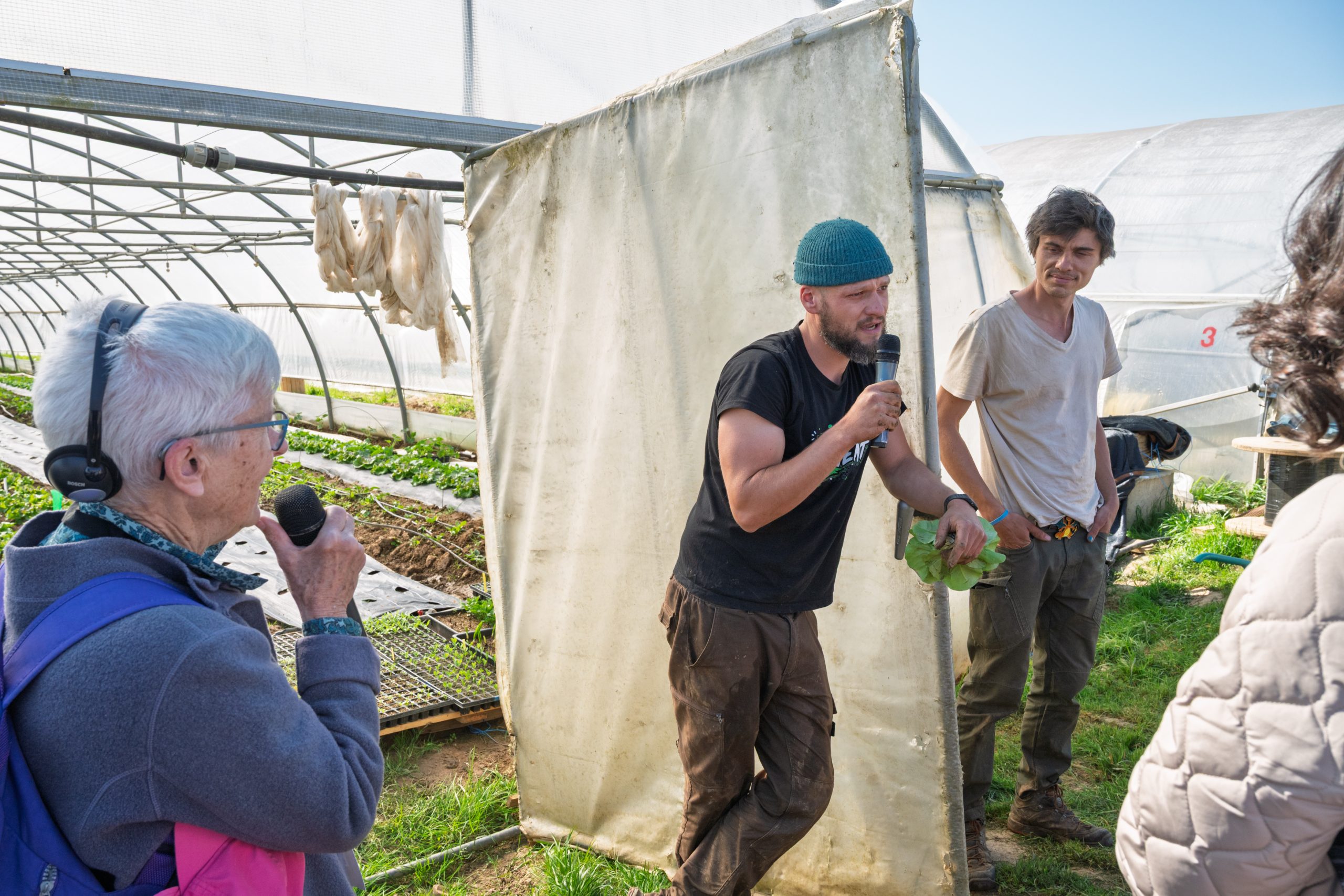
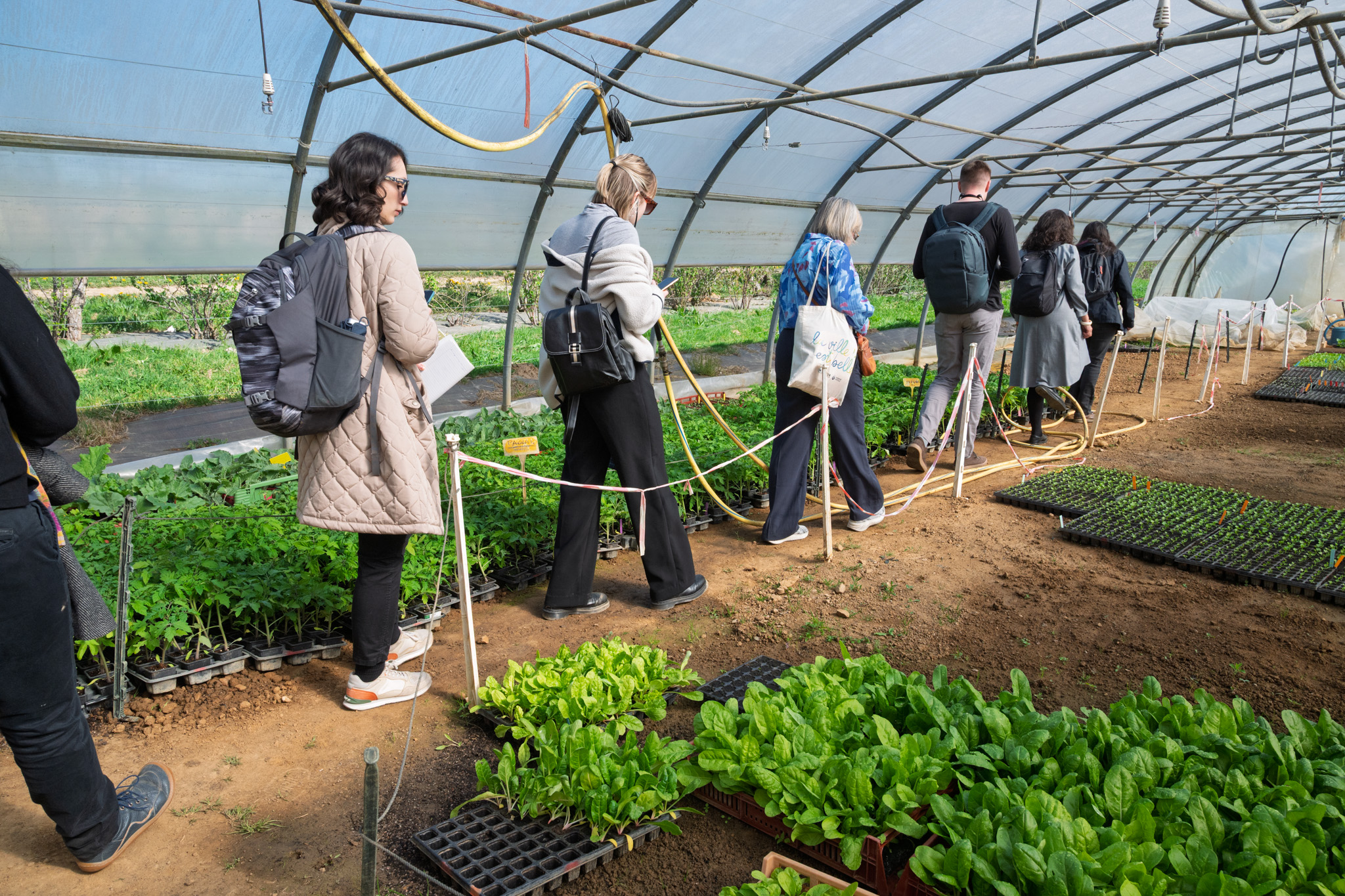
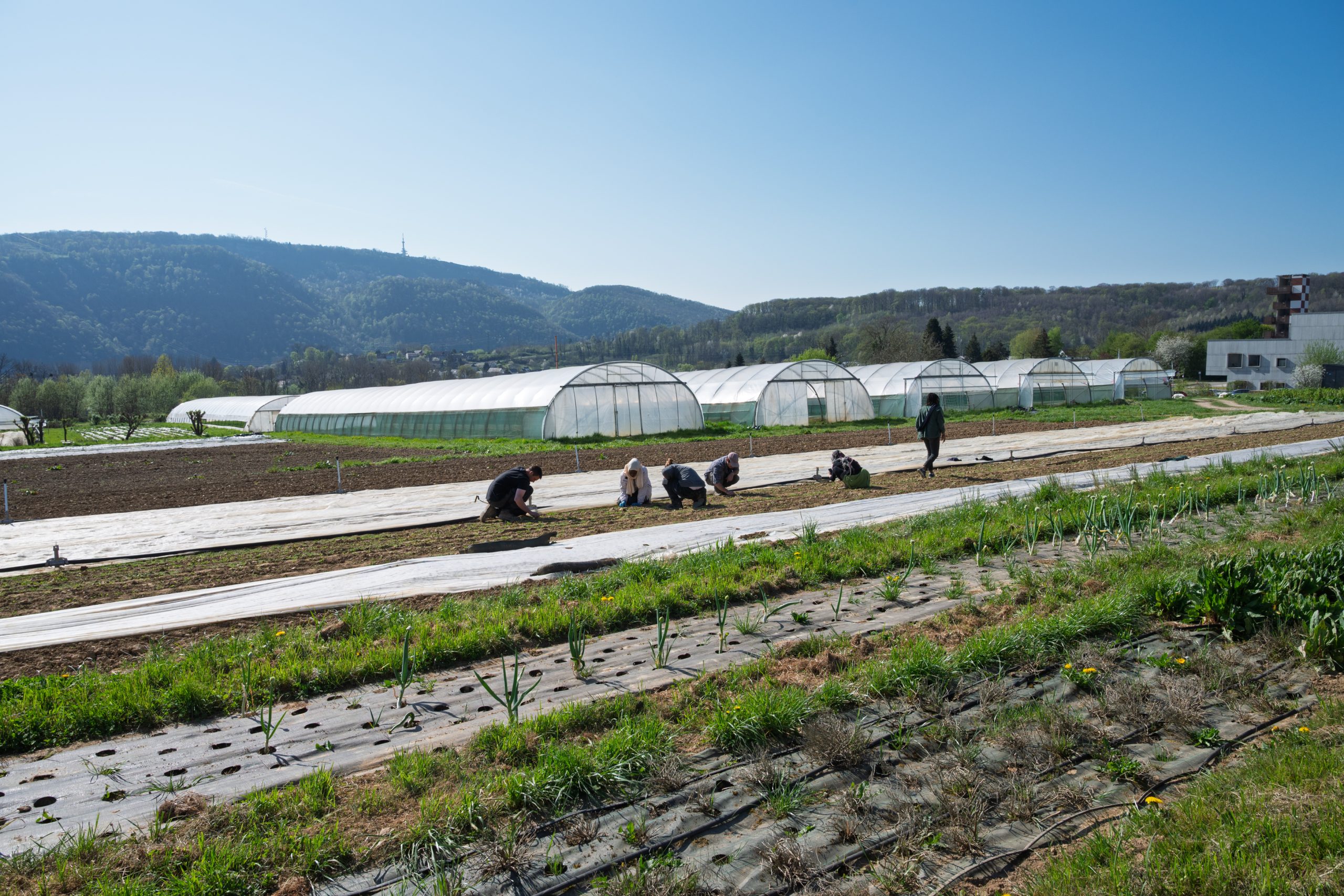
The role of local authorities in the food environment
The journey included a testimonial workshop, Local authorities as drivers of change in the food environment, which focused on the role of local authorities in the food systems. Representatives from associations and municipalities in Belgium, France, Germany, Portugal and Switzerland presented their views on the subject and their successful stories and stressed the importance of collecting data on food consumption to better meet citizens’ and environment’s needs.

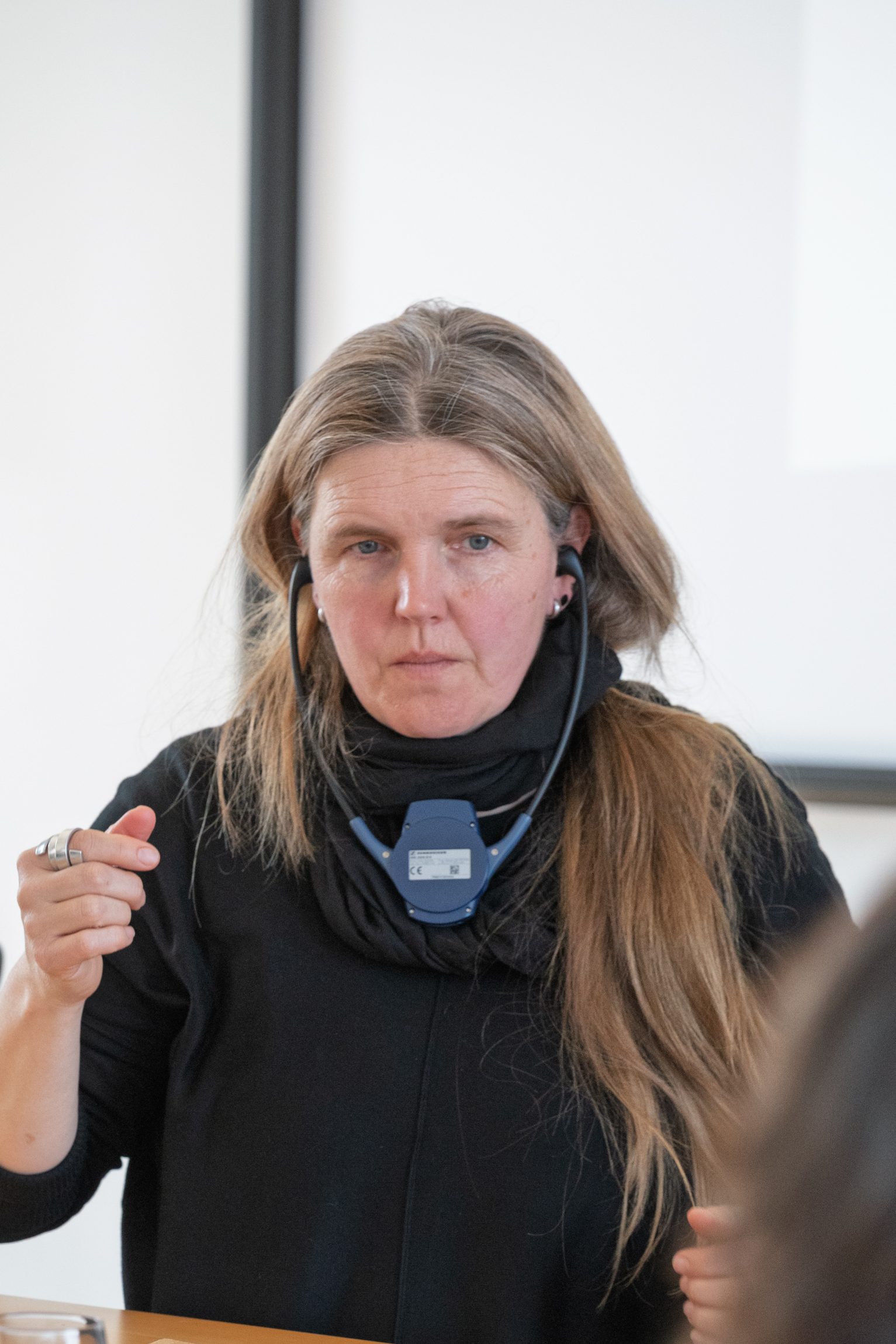
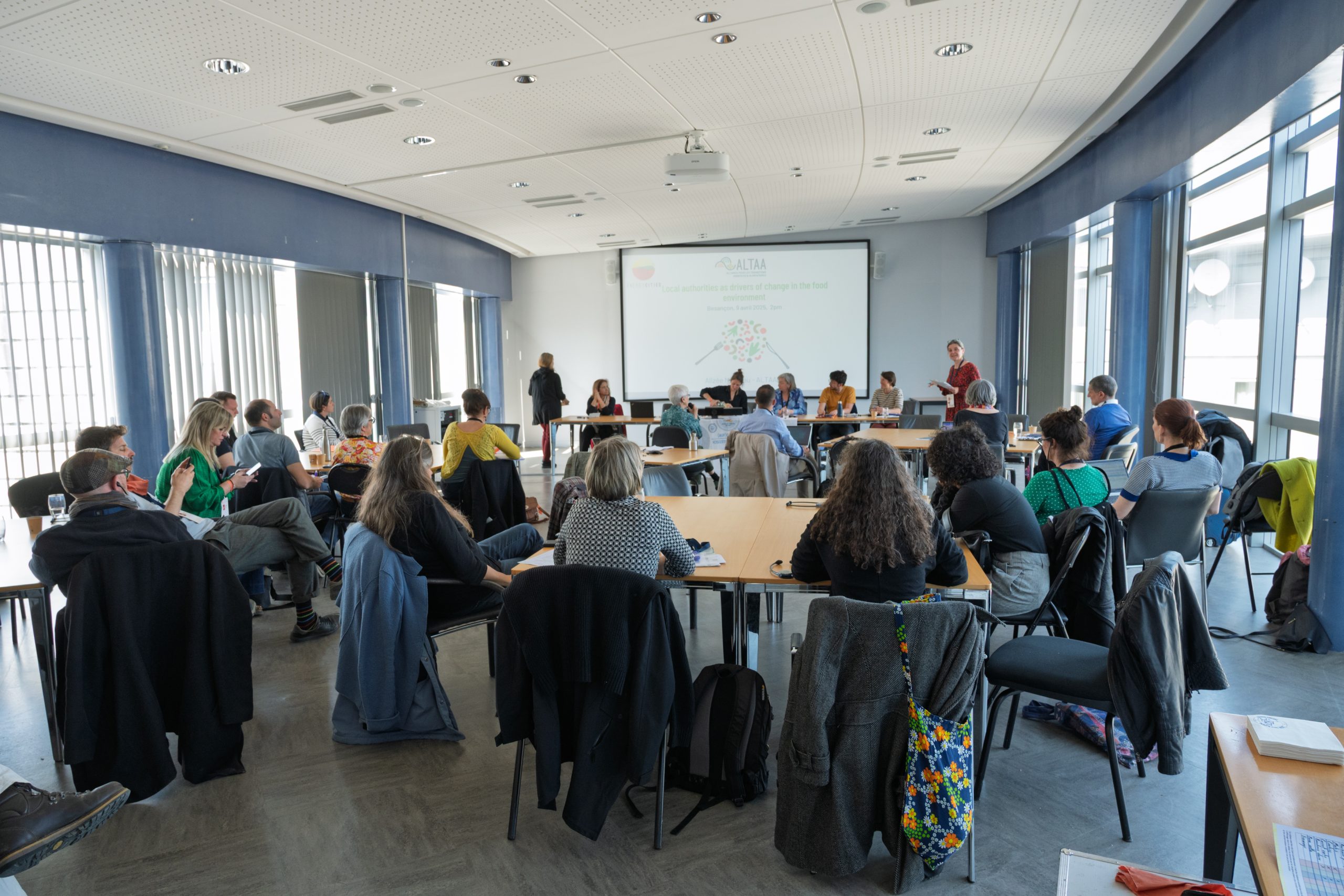
Food production is a major problem and municipalities should take it into account when developing new policies.
Sandra Hook, Environment manager at the city of Freiburg
Alizée Marceau, Coordinator at ALTAA, highlighted that analysing how and where the food is produced, its quality and the way is distributed is important. She also indicated that understanding the factors that influence consumer’s choices — the power of marketing and advertising and the social representations around food — is key to develop new policies. Adelina Paula Mendes Pinto, Deputy Mayor of Guimarães, European Green Capital 2026, added that the sustainable actions the city is undertaking have food at their core. She also pointed out that more data is needed to understand eating habits and avoid food waste.
The responsibility of food consumption is on the consumer and there are many factors which influence their choices. It is important to identify them to develop new frameworks which encourage local food consumption.
Alizée Marceau, Coordinator at ALTAA
Tristan Riom, Vice-Chairman of Nantes Métropole, responsible for agriculture, climate change, resilience, food and energy transition indicated that their research showed the increasing lack of farming land and pollution issues. In the past 10 years, there has been a 10% loss of farming land and one third of territories with farms will change ownership and might result in a shift of their economic activity. The use of pesticides and the pollution caused by big farming industries is also affecting food production, so Nantes actions are aimed at tackling these pressing issues.
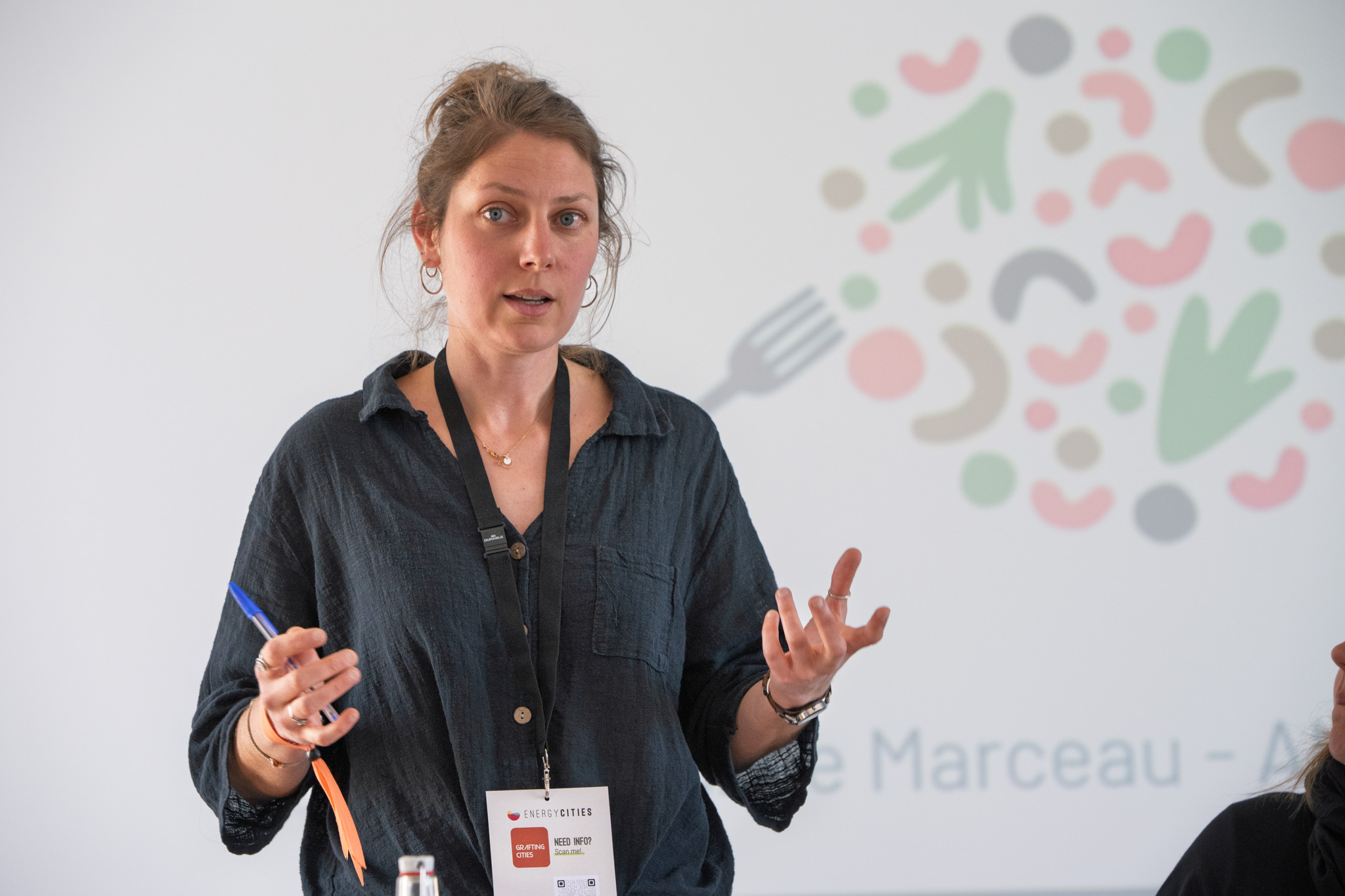
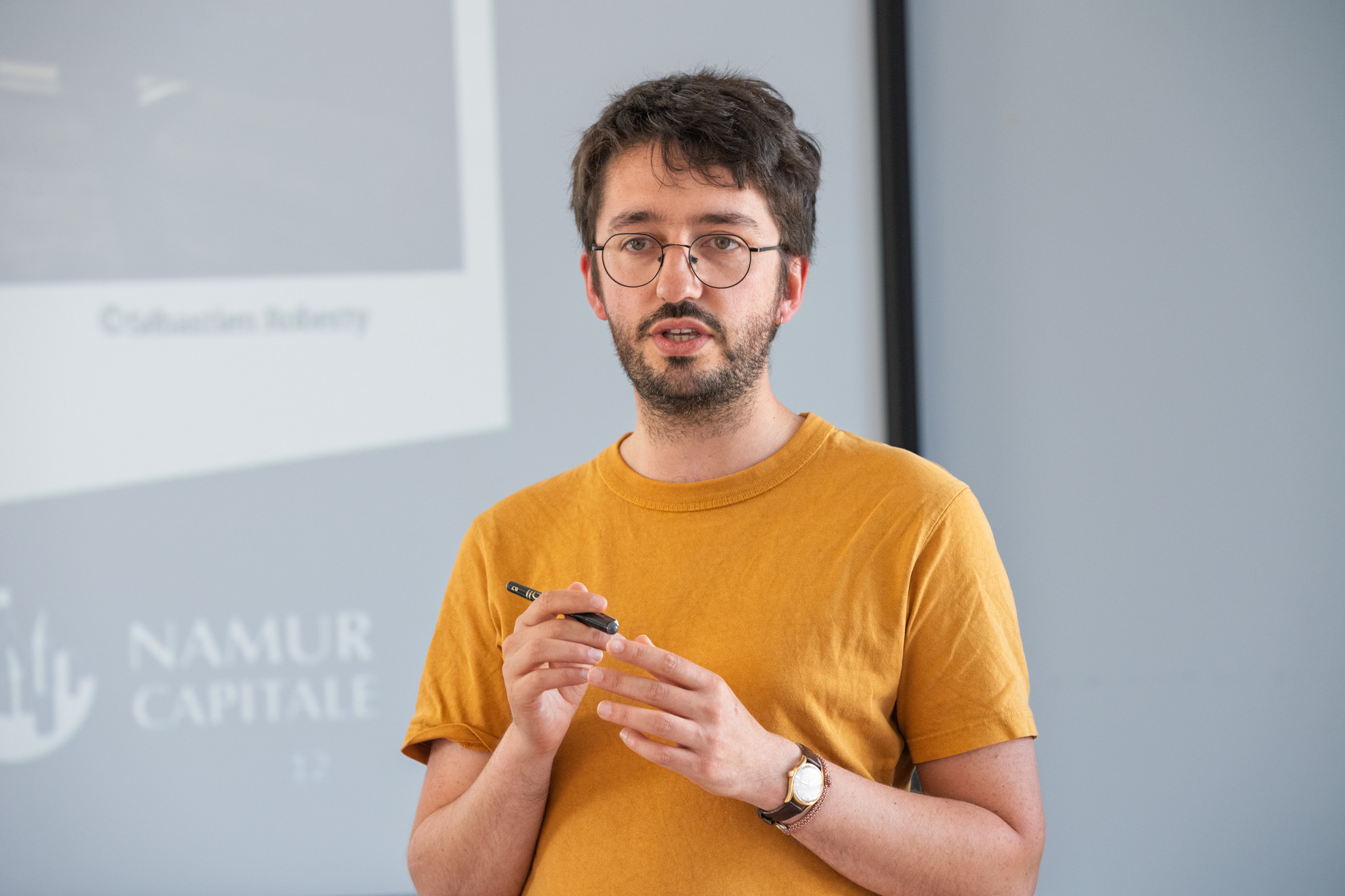
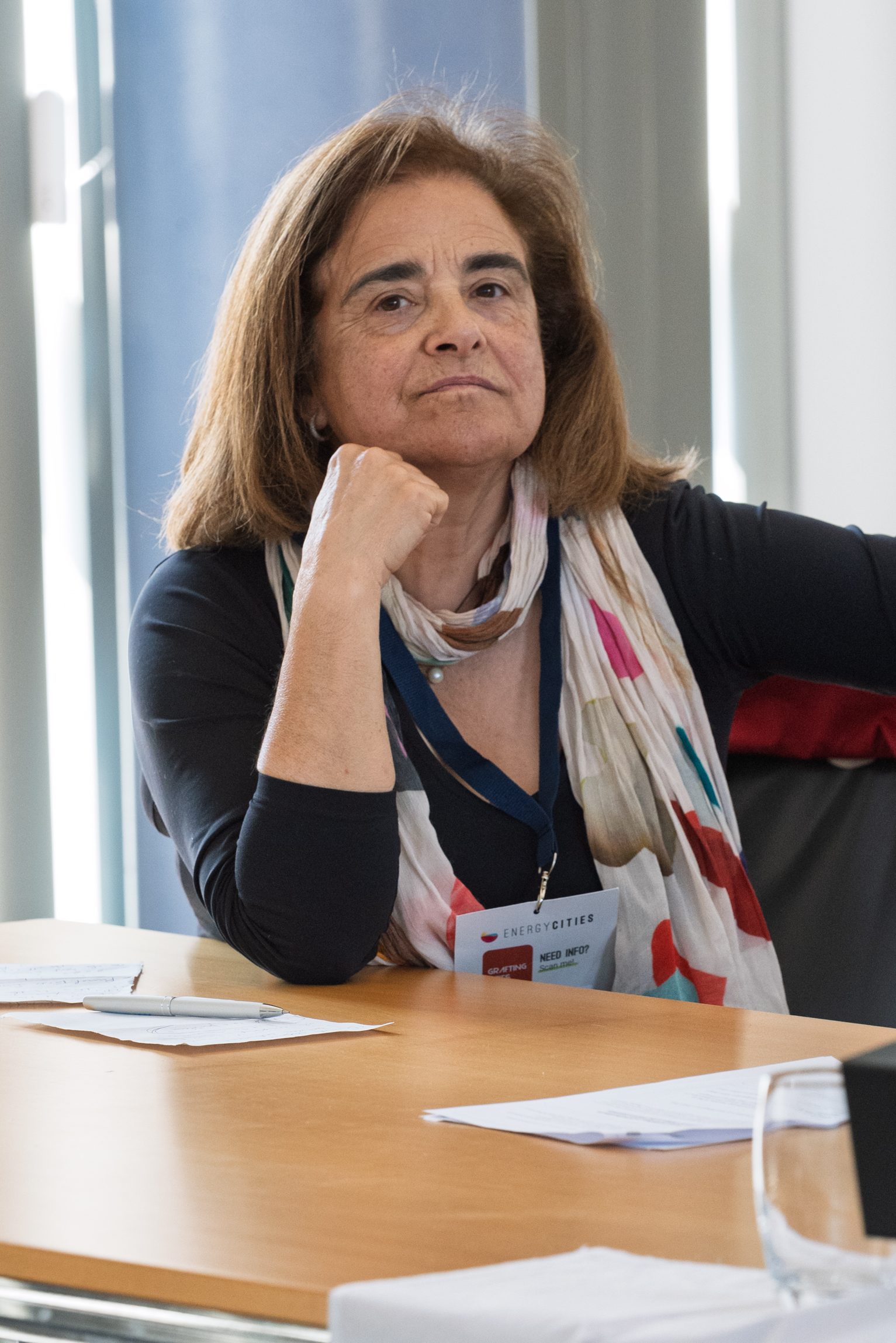
Raising awareness among citizens to accelerate the change
Informing citizens about the benefits of producing food locally in a sustainable way not only for the environment but also for their health is also key. Stéphanie Scailquin, Deputy Mayor of Namur in charge of Town Planning and Ecological Transition spoke about the Air Climate Energy Plan 2030 of the region of Wallonia. 10% of the actions included are focused on sustainable food production and consumption. It served as a reference to planning the actions of the city to raise awareness among the population.
Namur organises events to promote local food consumption and puts a special focus on the most deprived quarters, which normally have less means to access quality food. There is a local farmer market next to one of these neighborhoods and they organise cooking workshops for the inhabitants. They also have implemented moratoria measures against fast-food and have an advisory council to ensure citizen participation in policy making. Sandra Hook, Environment manager at the city of Freiburg, explained how gamification techniques are used to teach the importance of eating sustainable and local food. The city also selects points around the city — shops, restaurants or bars — to serve and sell climate-responsible foods.
Knowing the importance of learning good habits from early childhood, the city of Geneva works to offer quality and sustainable food in nurseries and school canteens and conducts awareness campaigns among its cooks. Céline Burki, Deputy Director for public policy, in charge of food and services to children of the city of Geneva also presented the GRTA Label (Genève Région – Terre Avenir), which allows agricultural products from the Geneva region to be identified. It applies to all products, at every stage of processing, from field to plate.
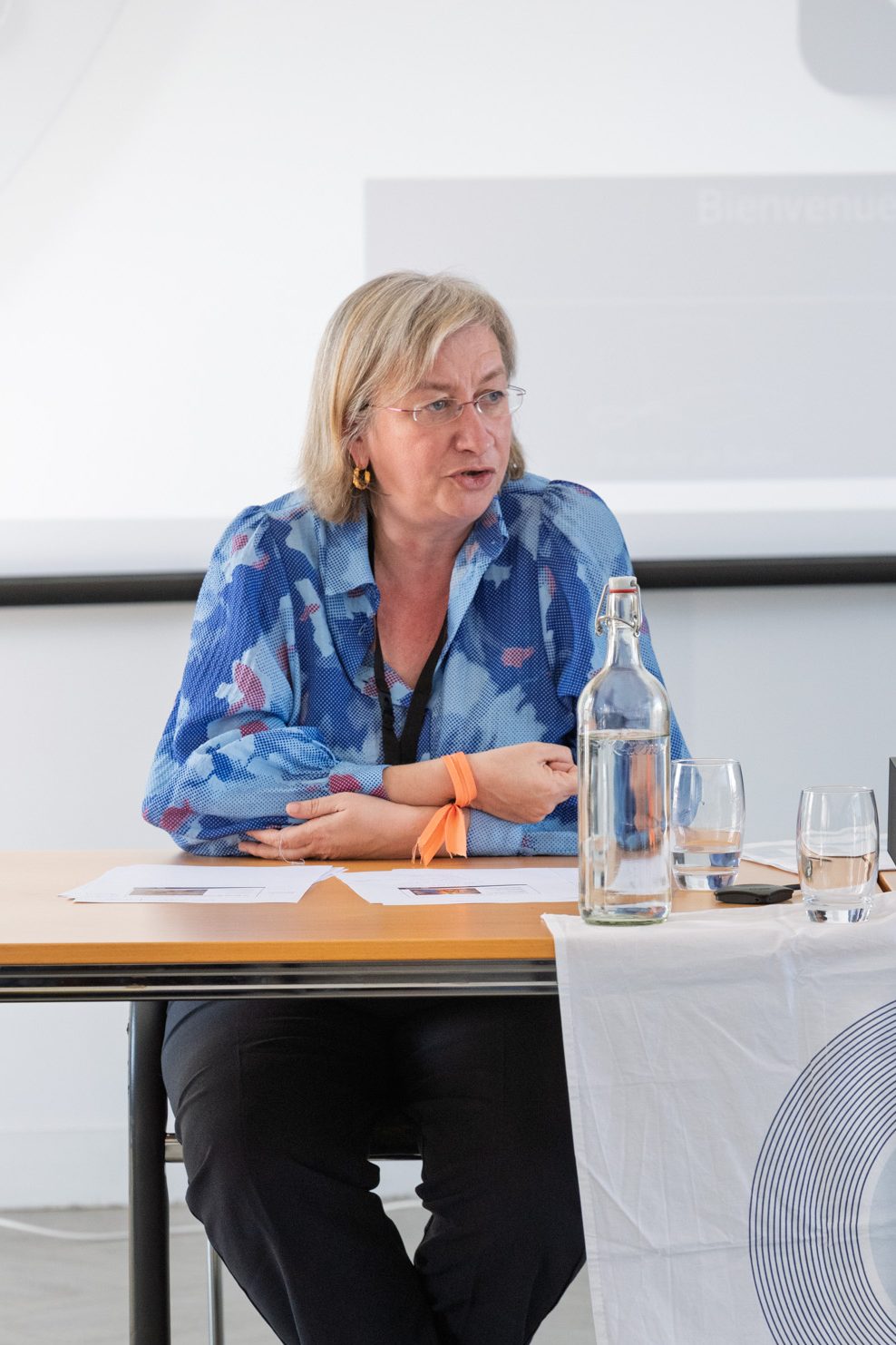
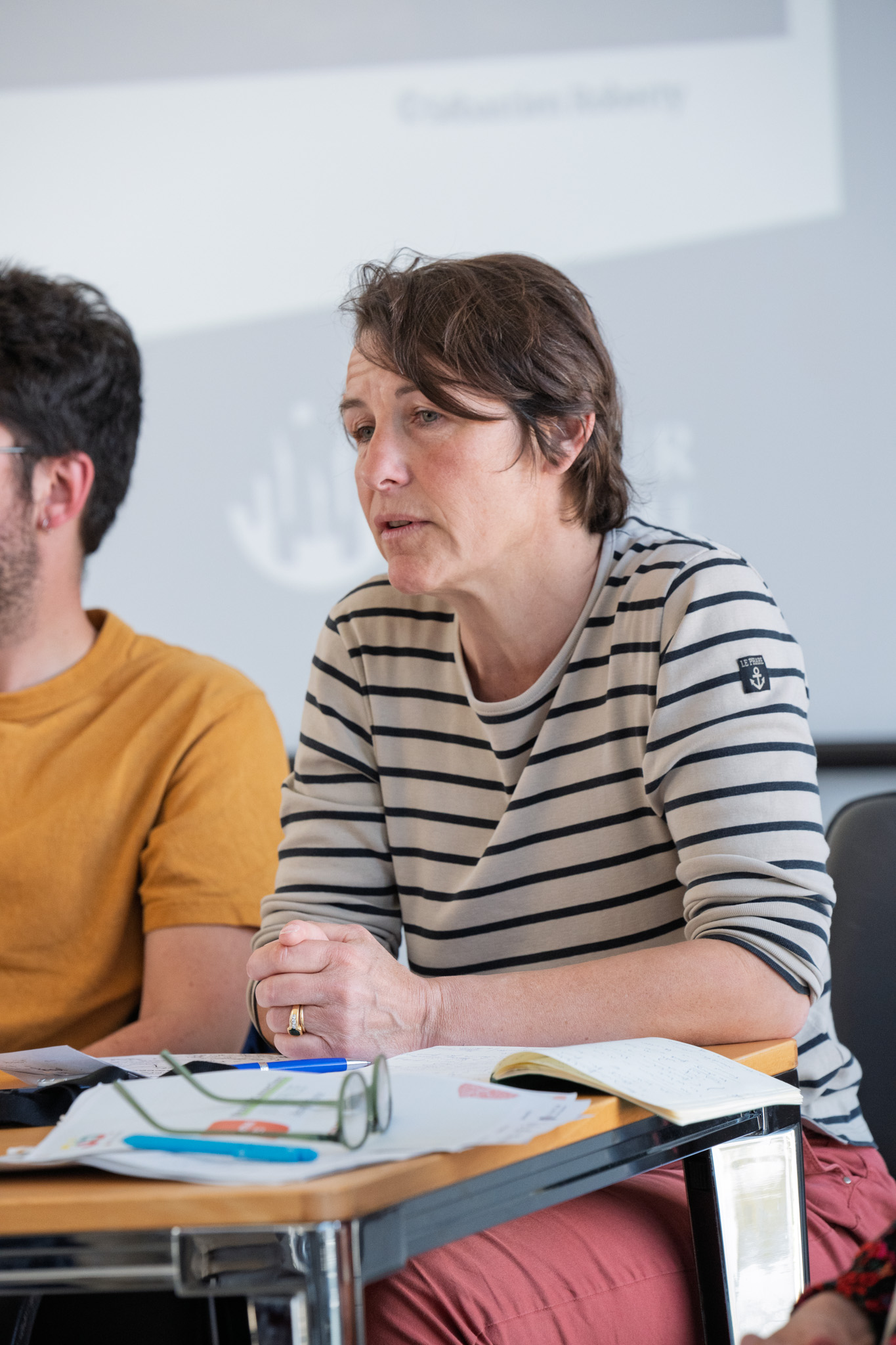
The journey concluded with a collective intelligence workshop where speakers and participants worked in small groups and presented challenges and discussed possible solutions. Learning about the initiatives these different cities are developing is important for municipalities to understand their own context and their needs and to develop tailored actions to accelerate the change.
